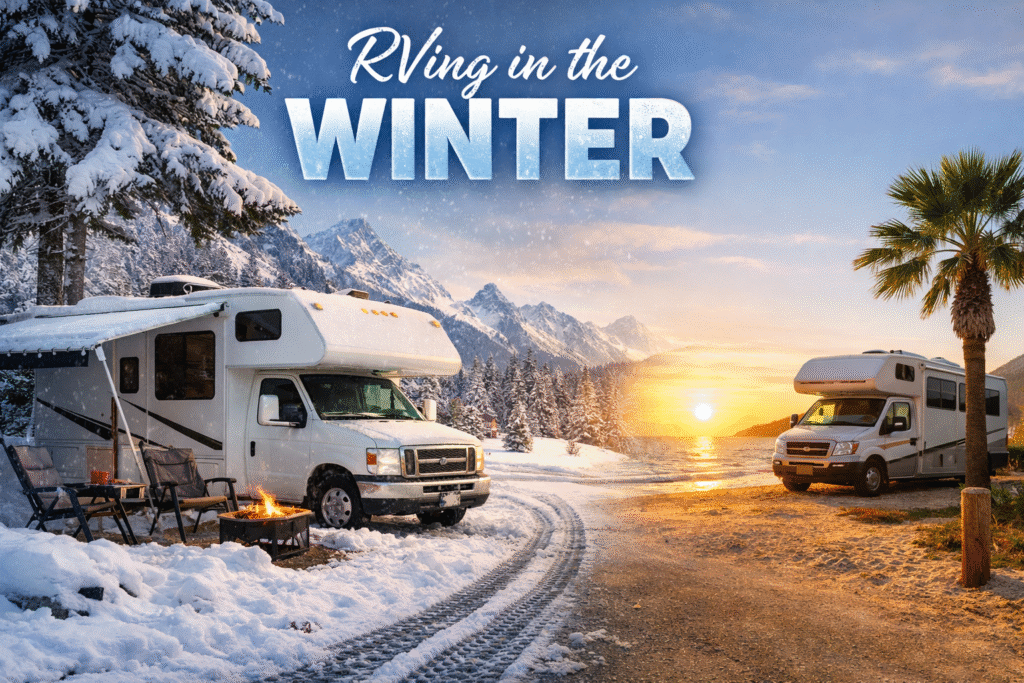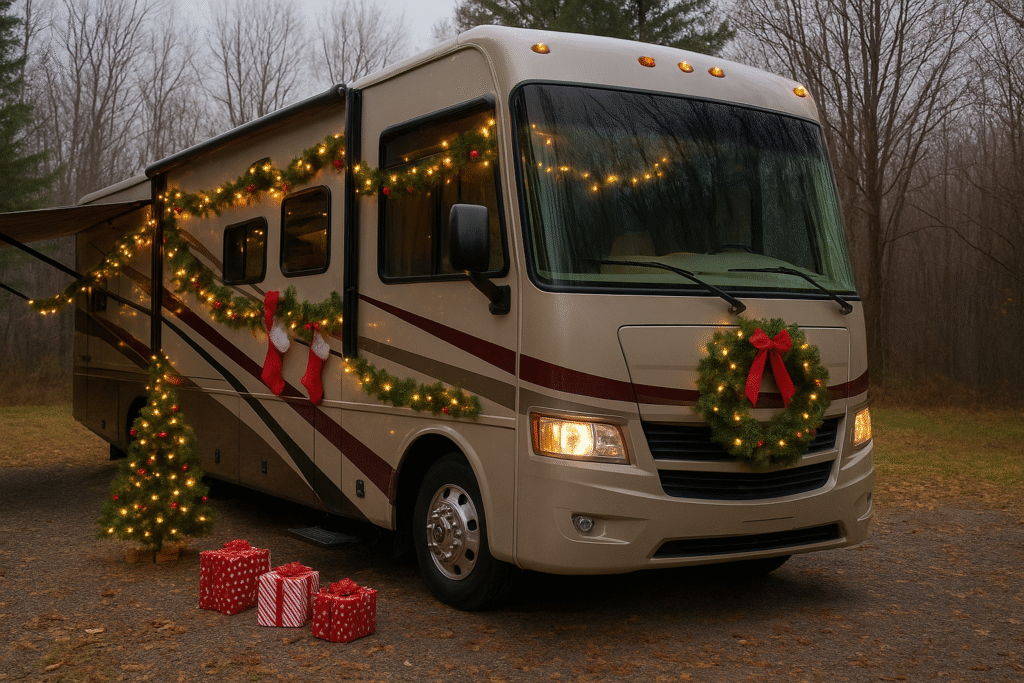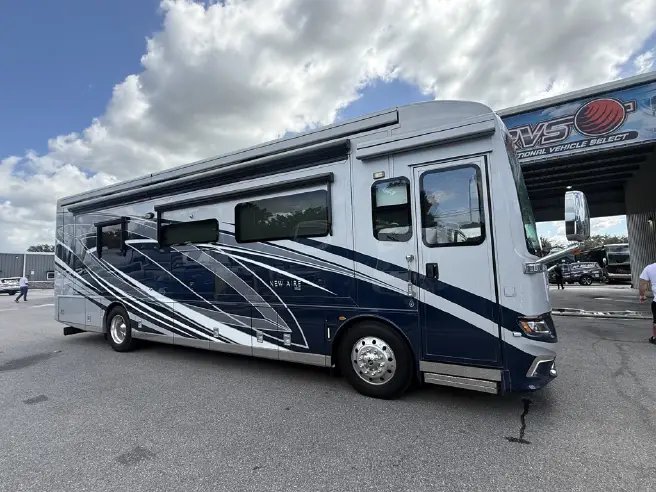The RV lifestyle can vary greatly among enthusiasts. Some travelers love to have all the comforts of home while they’re on the road, including television, cell service and other amenities. Other adventurists, however, enjoy a more minimalist experience and try to get away from the hustle and bustle of everyday living. For those RV lovers who are looking for a truly unique and minimalist experience, boondocking may be the right choice for you.
While many people are familiar with dry camping, which means staying in a campsite without utility hookups to electricity, water or sewer service, boondocking takes dry camping to another level. Boondocking, also called dispersed camping or primitive camping, means staying in a completely remote and undeveloped area. While this may sound daunting at first, there are actually many benefits to boondocking. There are no crowds, the campsite is usually free of charge, you’re able to enjoy a truly remote, tranquil experience in nature and you have the freedom to explore areas off the beaten path.
The good news is that RVs are designed for functioning off the grid, at least for a few days. Your fresh water tank, battery-operated appliances and holding tanks make it possible to disconnect from hookups. If you plan on boondocking for a longer period of time, say more than five days, there are some important tips to keep in mind to make the experience as seamless and rewarding as possible.
- Water – RVs generally have freshwater tanks that hold, at a minimum, 40-50 gallons of freshwater. However, depending on your class of RV and your needs, it’s possible to install tanks that hold up to 400 gallons of water. When boondocking, plan on conserving water as much as possible and always have at least 5-10 gallons of drinking water on hand. Unexpectedly running dry is a disappointing way to end your primitive camping stint, and not having enough drinking water can be dangerous in remote areas.
- Food – Boondocking doesn’t mean you have to eat cold beans out of a can for a week straight. While it’s always good to stock up on non-perishable items, there are lots of ways to enjoy good food while traveling without hookups. Limit meals that require microwave usage to save on power. Embrace grilling and campfire cooking as much as possible. Always use as few dishes as possible, as this will also help you to save on water needed for cleanup.
- Power – A power generator is a must for any RV enthusiasts interested in boondocking. Even in the most minimalist, primitive situations, batteries need to stay charged for the bare necessities. Ask yourself what type of energy usage you’ll need as far as appliances go and what level of heating/cooling you’ll need based on your boondocking location and the time of year. For primitive camping gurus, solar panels are a great option for staying juiced.
- Waste – There are a variety of ways to limit and dispose of waste when boondocking, both in terms of trash and “bathroom waste.” Minimizing the amount of trash you produce and ensuring that you keep it in a tightly sealed compartment is a must for reducing odor and keeping animals at bay. For bathroom waste, many people opt for composting toilets or not flushing liquid waste. In either instance, chemical additives can help to reduce odor.
- Location – And finally, the main question that many people have about boondocking is, “Where the heck do I camp?” There are lots of websites that list free campsites, but your best bet is to talk to family, friends or other RV enthusiasts that have boondocked and have spots to recommend. While discovering your own area for primitive camping is an exciting prospect, doing some research on tried-and-true places can make your trip even more enjoyable. Always take the weather, time of year, road conditions and your RV’s independent utility capacity into account when deciding on a location.




